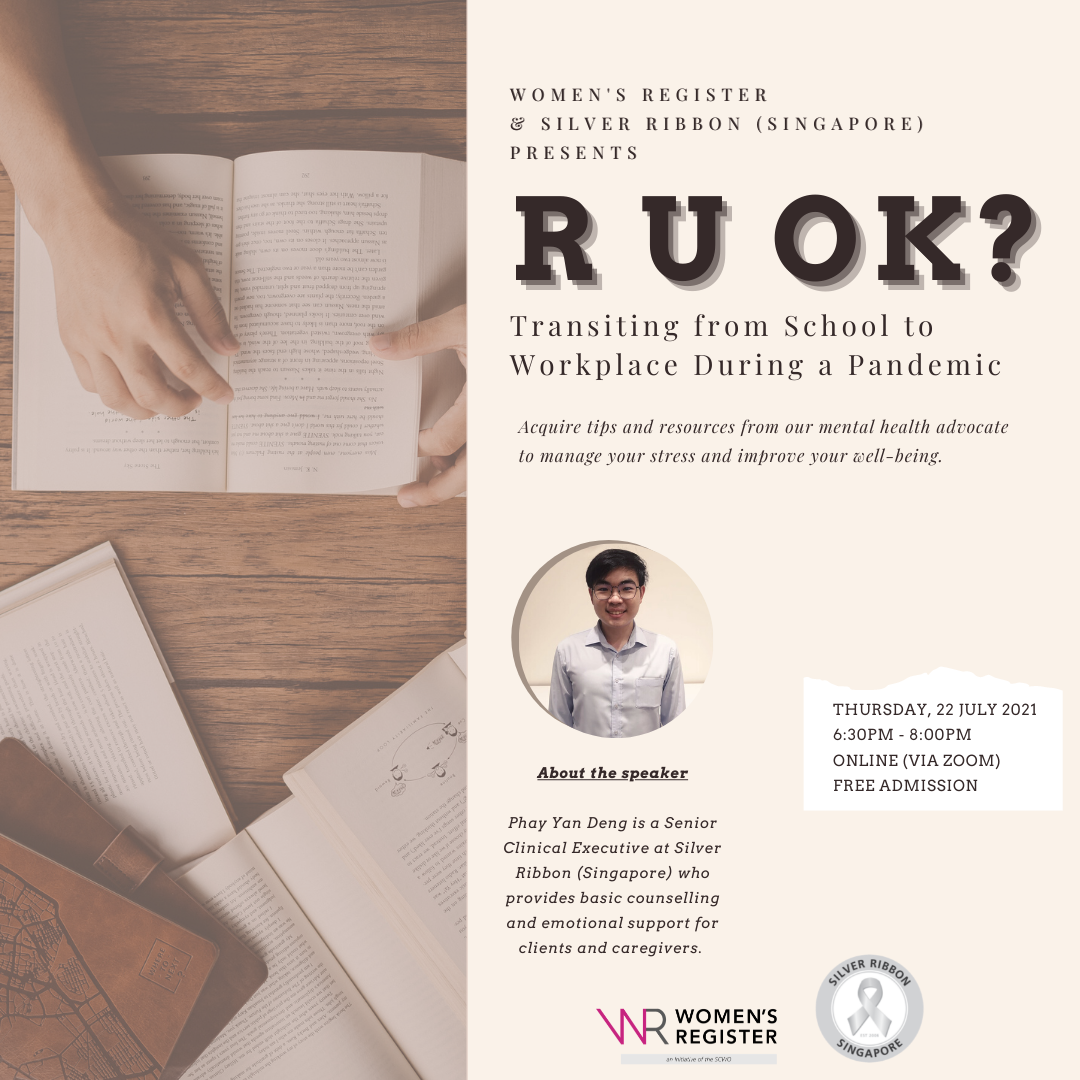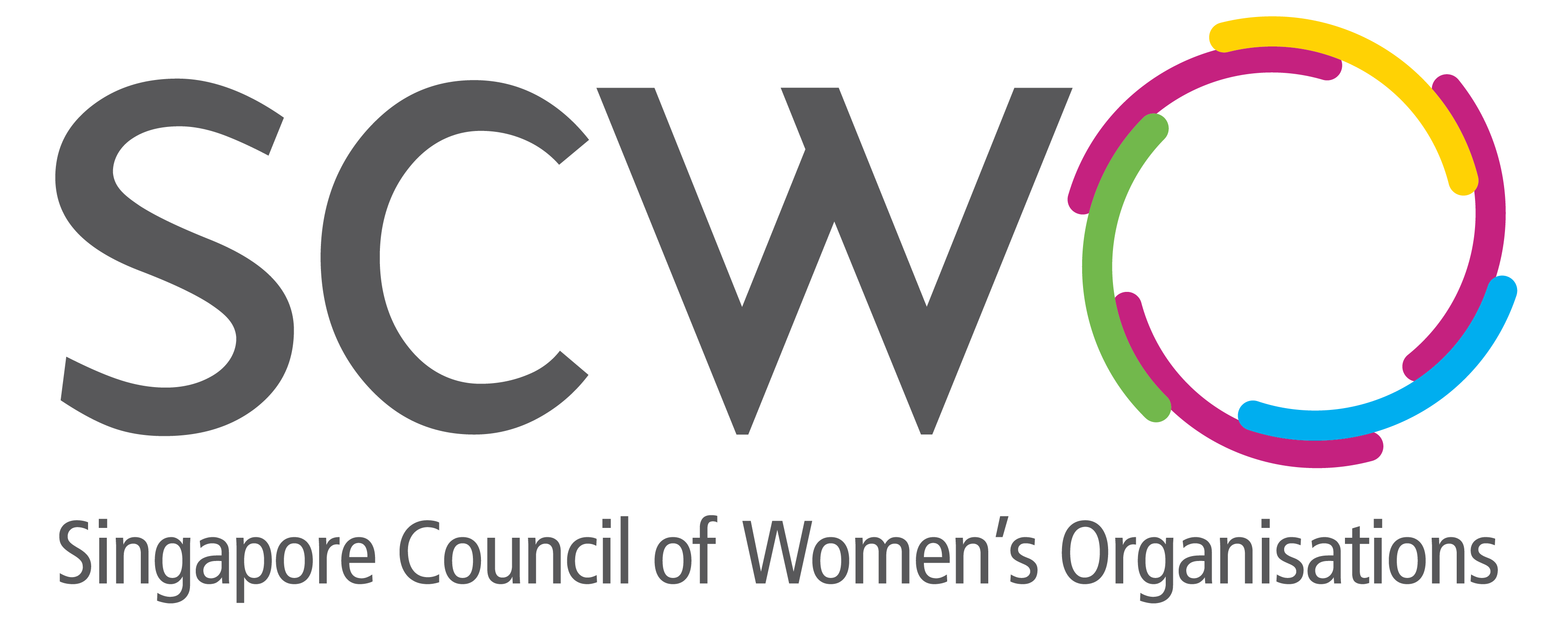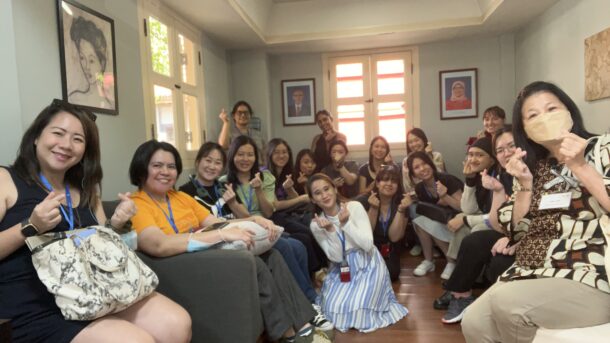
[Commentary] How Covid-19 has Influenced my Decision to Have Children
Commentary by Pek Lay Peng, SCWO Board Member
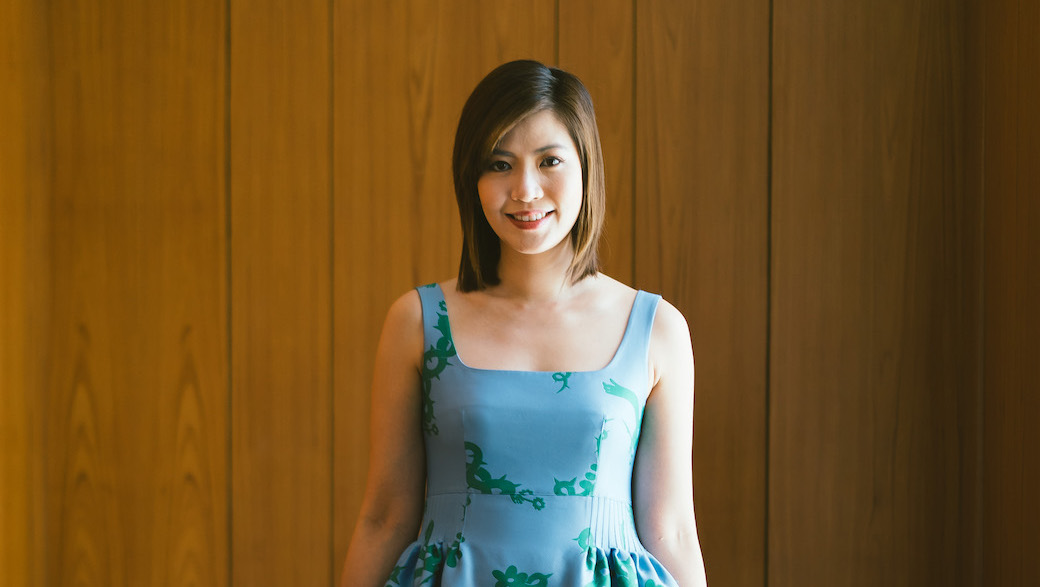
I always knew I wanted to have children but I never expected to have four.
Back in my 20s, the idea of building my own family always appealed. I had an inkling of what it might possibly be like but work and social pressures meant that I could not really devote any significant amount of time contemplating the gravity and weight of responsibility that came with it. So, as with everything else that did not seem urgent then, I packed it away neatly in my box of ill-developed plans and left it to collect dust in the deep recesses of my mind.
Then I got married and suddenly everything changed. Of course, that was to be expected. Conversations about family planning came to the fore but they always seemed more aspirational than a tangible reality. Even so, I blew the dust off my plans from years ago and kept the practical bits handy. There weren’t many to be perfectly honest. But casual conversations with my mother and pregnant friends did serve to mentally prepare me for what might come. And it did.
CONCEIVING PRE-COVID
Receiving the news from my gynaecologist that we were expecting our first child was both a happy and surreal moment. This was 2014. The idea of a rampaging global pandemic had so far been dreamt up only in Hollywood and enjoyed as light entertainment at the movies. My husband and I had been open to the idea of parenthood for several months at that juncture. But even after we got the confirmation, it still took a little while for the reality to sink in.
As a new expectant mother, it was difficult to know for sure what to do exactly and when. Generous advice came in from multiple avenues just as my uncooperative hormones reminded me every morning about the gravity of introducing a child into the world.
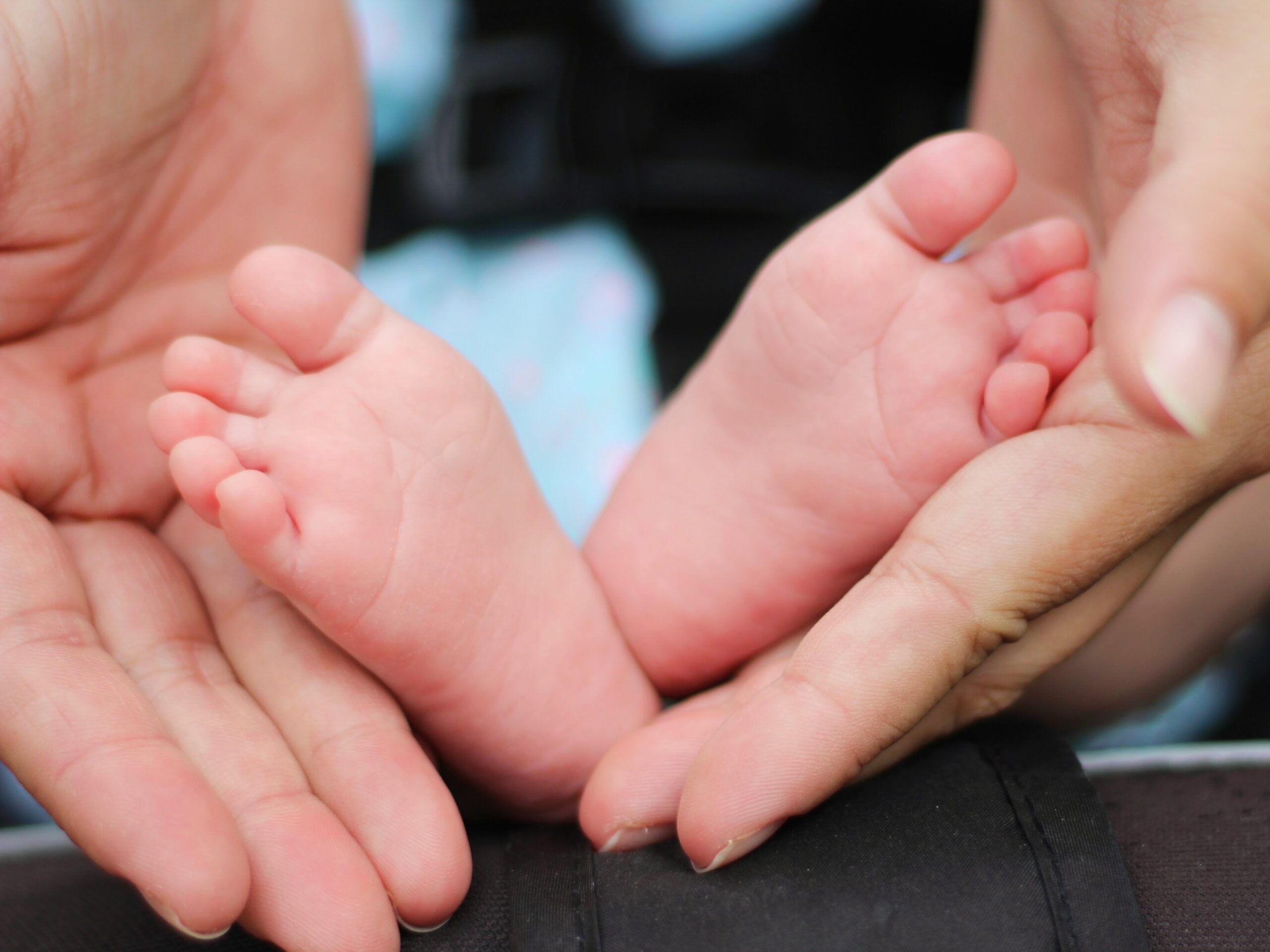
In the course of my first pregnancy, and for the succeeding three as well, we quickly realised that finance was an unavoidable hurdle. With median full-time infant-care fees of S$1,275 per child (Early Childhood Development Agency, 2020) against a median household income of S$2,886 per household member (Department of Statistics, 2020), financial considerations are inevitable for young parents. Throw in a new house and perhaps a car, and it suddenly becomes even more daunting. But we were fortunate to have had the benefit of learning from friends and family to gain better insight into raising a child.
This inspired our decision to have children premised on cultivating a deep bond between parent and child. We believed that this would ultimately aid healthy cognitive and emotional development. In this regard, Winston and Chicot have found that “the brain development of infants… …depends on a loving bond or attachment relationship with a primary caregiver, usually a parent.” (London Journal of Primary Care, Vol. 8, No. 1, 2016). They also noted that parental inconsistency could lead to long-term issues with mental wellbeing and happiness. Our basic parenting philosophy from the outset was therefore to place a higher value on the parent-child relationship and not to focus on finance as a major part of the decision equation. This was also due in no small part to the fact that we felt assured by the government’s generous baby bonuses helping to cushion the initial costs of conception.
FOMO
The most common topic discussed after childbirth is arguably early childhood development. Discussions with family and friends about prospective enrichment classes were a mainstay and enthusiasm levels almost always rose a notch. The myriad enrichment classes that exist for supposed holistic early childhood development meant that our child could be moulded in whatever way we saw fit. The possibilities seemed endless.
Yet, we also recognised that it was a minefield that required careful treading. Runaway enthusiasm about endless classes ran the risk of exhausting our child if activities were inserted into every waking moment. We concluded that children do not consider the worth of their upbringing by the number of enrichment classes they are afforded. Instead, it is the quality time spent with their parents that really count.
We ended up prioritising physical and cognitive development through a smattering of martial arts and general mental development lessons. This was a roadmap that we subsequently followed for our second and third children as well. In due course, we began to see the benefits of our decision with our eldest child taking the lead and helping to nurture his siblings, thereby deepening the family bond.
Come 2020 and the onset of the COVID-19 circuit breaker restrictions suddenly put paid to our best laid plans. As with every other family with young kids, my husband and I were forced to re-think how best to manage our three children cooped up in a confined space. More worryingly, we felt that a fourth child would complete the family and were therefore trying to conceive at that inopportune period. All the childcare considerations that had worked well for us previously had to be re-evaluated. If conceived, what sort of health environment would our new child be raised in? What were the potential risks? Would she be afforded the same opportunities as her siblings? How would the regressing economy affect child rearing costs? Would our child ultimately miss out on the most important part of her life?
RESUMING NORMAL SERVICE
For the most part, the decision was taken out of our hands. Our fourth child was conceived at the height of the COVID-19 outbreak. But by that time, we had already decided to press ahead and rely on the accumulated wisdom gained from raising our other three children. We also took comfort in the fact that numerous government support schemes, such as the Medisave Grant for Newborns, were available should we need them. Our world class healthcare system gave us peace of mind that COVID-19 could be held at bay while still giving birth in a safe and healthy environment. Bearing all these in mind, our daughter was safely born in January 2021.
So did COVID-19 change our decision to have children? I would say no. Admittedly, there was an initial anxiety but it was quickly overcome once we looked at the prevailing situation in an objective manner. Health risks were definitely the main concern but they were quickly dispelled once rapid and judicious health restrictions were set in place. Inconvenience was probably the only biggest change that we had to adjust to. We recognise that these are the relative luxuries we have been afforded living in Singapore and families facing the same conundrum in less developed countries may not be able to arrive at the same conclusions that we have. That said, regardless the scourge of COVID-19, life still has to go on. It is in these circumstances that we should make the best of our respective situations while having faith that we will emerge stronger and more resilient.
